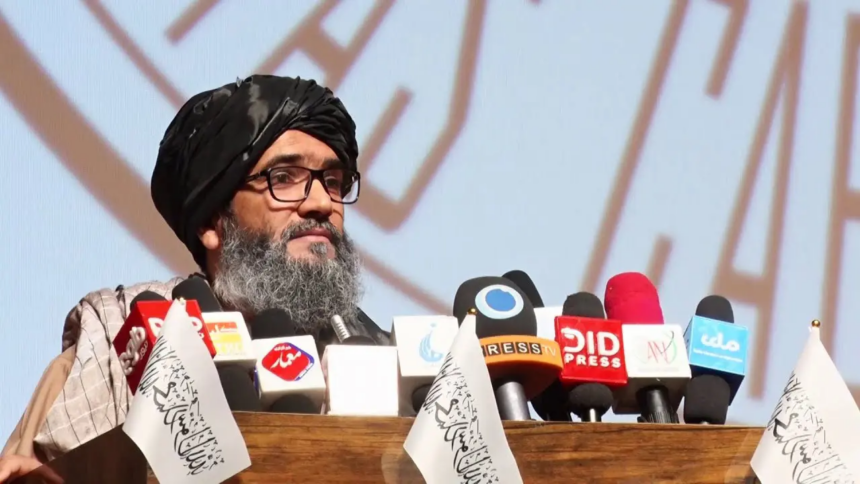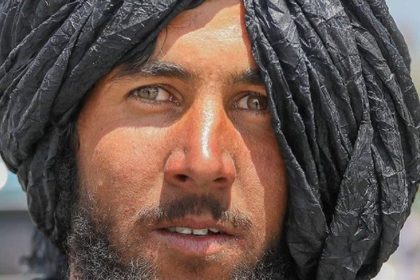RASC News Agency: In a chilling statement that starkly contradicts previous Taliban promises of reconciliation, Lutfullah Khairkhwa a senior Taliban official, former deputy minister of higher education, and current executive at the regime-controlled Central Bank has categorically declared that the time for forgiving so-called “internal collaborators” is over. His remarks, steeped in vitriolic ideology and inflammatory accusations, underscore the Taliban’s increasingly authoritarian and punitive posture. Khairkhwa, long regarded as a hardliner within the group’s leadership, accused civil servants, former security forces, and other officials who served the Islamic Republic of Afghanistan of crimes tantamount to those of “the Crusades, Western occupation, and cultural and physical colonization.” Rather than promoting national healing or inclusive governance, Khairkhwa advocated for “settling scores” with what he labeled as traitors, indicating a dramatic escalation in the Taliban’s already harsh and exclusionary policies.
This provocative rhetoric comes despite the Taliban’s public declarations of “general amnesty” in the immediate aftermath of their August 2021 takeover assurances they offered to the world as a signal of supposed moderation and change. However, Khairkhwa’s statements now confirm what human rights groups and Afghanistani civilians have experienced for nearly three years: the amnesty was nothing more than a hollow gesture masking a brutal campaign of revenge. Since the Taliban’s return to power, dozens of former soldiers, intelligence officials, and civil servants have been detained, tortured, forcibly disappeared, or executed extrajudicially often without any form of due process. Despite this, the Taliban have maintained a facade of legitimacy, which Khairkhwa’s remarks now shatter definitively.
Rather than acknowledging the Taliban’s own central role in decades of warfare, insurgency, and the destruction of Afghanistan’s institutional foundation, Khairkhwa instead blamed the republic-era personnel for the country’s prolonged crises. His comments deliberately erase the Taliban’s violent insurgency that killed tens of thousands of civilians, devastated infrastructure, and sabotaged national development efforts. Observers warn that Khairkhwa’s speech reflects an ideological hardening within the Taliban’s top ranks, confirming the regime’s growing shift from posturing as reformists to embracing a vindictive authoritarianism. These remarks send a chilling message to the thousands of former government workers who remained in the country following the collapse of the republic many of whom now live in constant fear of reprisal.
This regression has dire implications for Afghanistan’s already fragile social fabric. Not only does it further alienate professional and educated communities vital to national rebuilding, but it also consolidates the Taliban’s rule through fear, ideological purity tests, and militant surveillance. The Taliban’s abrogation of its own amnesty promise is a direct violation of international humanitarian norms and casts serious doubt on the regime’s willingness or ability to engage in any credible peace-building or reconciliation process. Khairkhwa’s demand for retribution, couched in religiously charged language, signals that the Taliban is more committed to punishing dissent than building a unified or functional state.
As international actors continue to assess their engagement with Taliban-controlled Afghanistan, Khairkhwa’s remarks should serve as a wake-up call: the regime is not moderating it is entrenching itself further into ideological absolutism, systemic revenge, and totalitarian repression.






